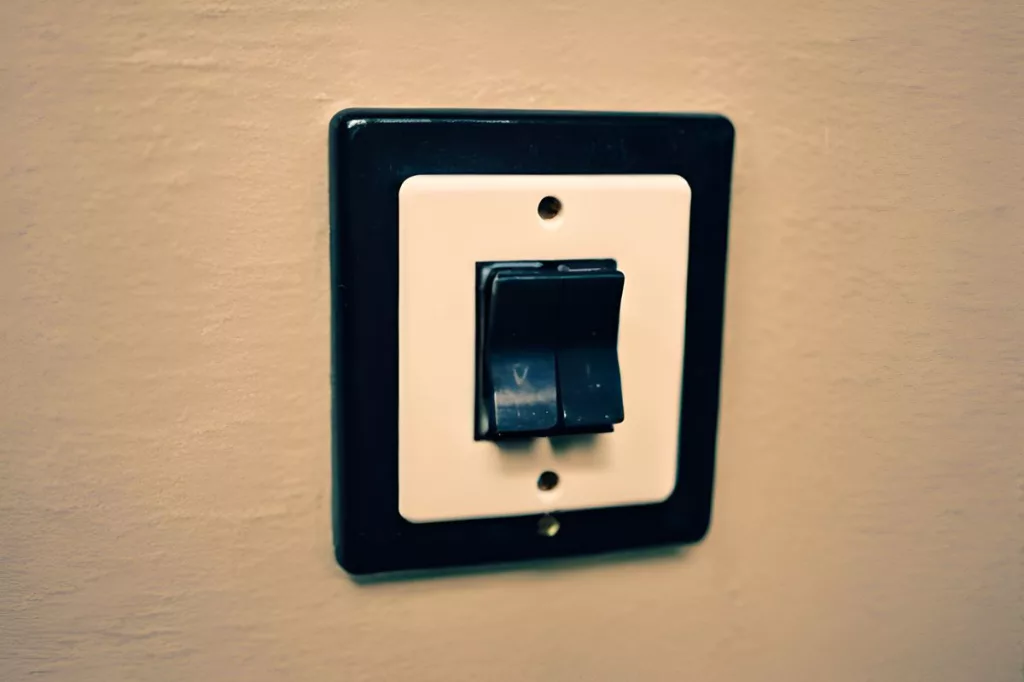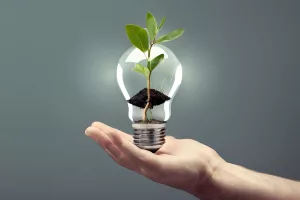South Africa’s electricity problem has become a national crisis, with almost 10 million qualifying for free basic electricity but only 2 million receiving it due to inefficient local governance. The government’s countermeasure provides free basic service, but the qualification process is intricate, and poor implementation at the municipal level obstructs its efficacy. The government needs to develop a more trustworthy method to guarantee households benefit from free electricity, with revising the country’s electricity pricing policy and ensuring efficient governance at the municipal level being crucial initial steps towards a resolution.
South Africa has launched the National Free Basic Electricity initiative, which provides eligible households with free electricity vouchers up to a limit of 5060 kWh per month. Local municipalities will reimburse Eskom, the principal electricity provider in South Africa, for the cost of the initiative. The program aims to reduce the financial burden of basic municipal services for indigent households, promoting energy inclusivity and equity in South Africa. This initiative is a significant breakthrough for South Africa’s energy landscape, offering essential energy to those in need and paving the way for other countries to tackle similar challenges.


